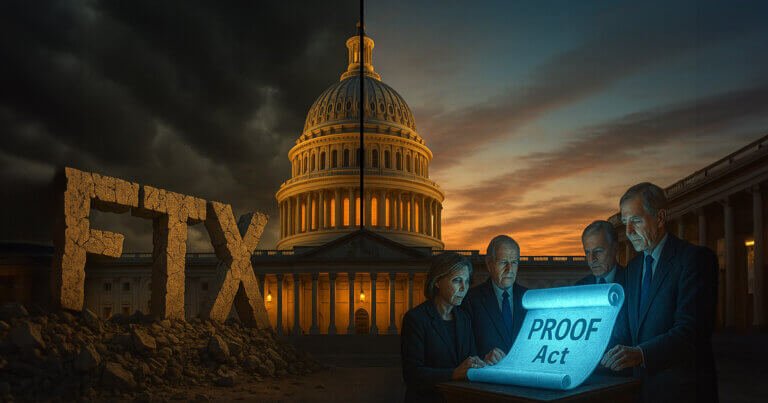Senators with Crypto-Related Investments
|
Name |
State |
Party |
Crypto-Related Investment(s) |
|
Tim Sheehy |
Montana |
Republican |
Intercontinental Exchange ($1K–$15K) |
|
Steve Daines |
Montana |
Republican |
Sold multiple crypto ETFs including Valkyrie and ProShares |
|
Jacky Rosen |
Nevada |
Democrat |
Invested in PayPal (launched a stablecoin in 2023) |
|
Dan Sullivan |
Alaska |
Republican |
Owns shares in BlackRock (offers crypto ETFs) |
|
Markwayne Mullin |
Oklahoma |
Republican |
Owns shares in Intercontinental Exchange, BlackRock; wife owns PayPal shares |
|
Tommy Tuberville |
Alabama |
Republican |
Invested in PayPal |
|
Katie Britt |
Alabama |
Republican |
Husband owns stock in Block (crypto-friendly firm) |
|
Bernie Moreno |
Ohio |
Republican |
Owns $500K–$1M in eToro shares (crypto trading platform) |
|
Shelley Capito |
West Virginia |
Republican |
Husband invested $15K–$50K in BlackRock |
|
Dave McCormick |
Pennsylvania |
Republican |
Purchased Bitwise Bitcoin ETF shares |
|
Sheldon Whitehouse |
Rhode Island |
Democrat |
Owns shares in Tesla, Block, and PayPal ($1K–$15K each) |
What Does This Mean for Crypto Policy?
The presence of crypto investors in the Senate raises questions about potential conflicts of interest. Some lawmakers vote on bills that could affect the companies they or their families invest in.
Efforts to limit these conflicts, such as banning investments or enforcing blind trusts, have not been very successful so far. Despite this, senators must still report their and their family’s investments under disclosure rules.
What’s Next?
More lawmakers may enter the crypto space as digital assets become more mainstream. Crypto’s rising popularity, combined with weak restrictions on congressional investments, means crypto exposure in Congress will likely grow.
It’s also important to note this list only covers U.S. Senators, not House members, where crypto legislation is also in progress. The influence of crypto in Washington is expected to increase, making financial transparency even more critical.
Key Takeaways
- 11 U.S. Senators or their family members have disclosed crypto-related investments.
- Most are Republicans, though a few Democrats are also involved.
- Crypto firms like PayPal, BlackRock, and Block appear frequently in filings.
- Proposed laws aim to reduce conflicts of interest but face strong resistance.
- With crypto adoption growing, more lawmakers may start investing in digital assets.
As new bills get proposed and voted on, watching who holds what in crypto may become just as important as what they say about it.
